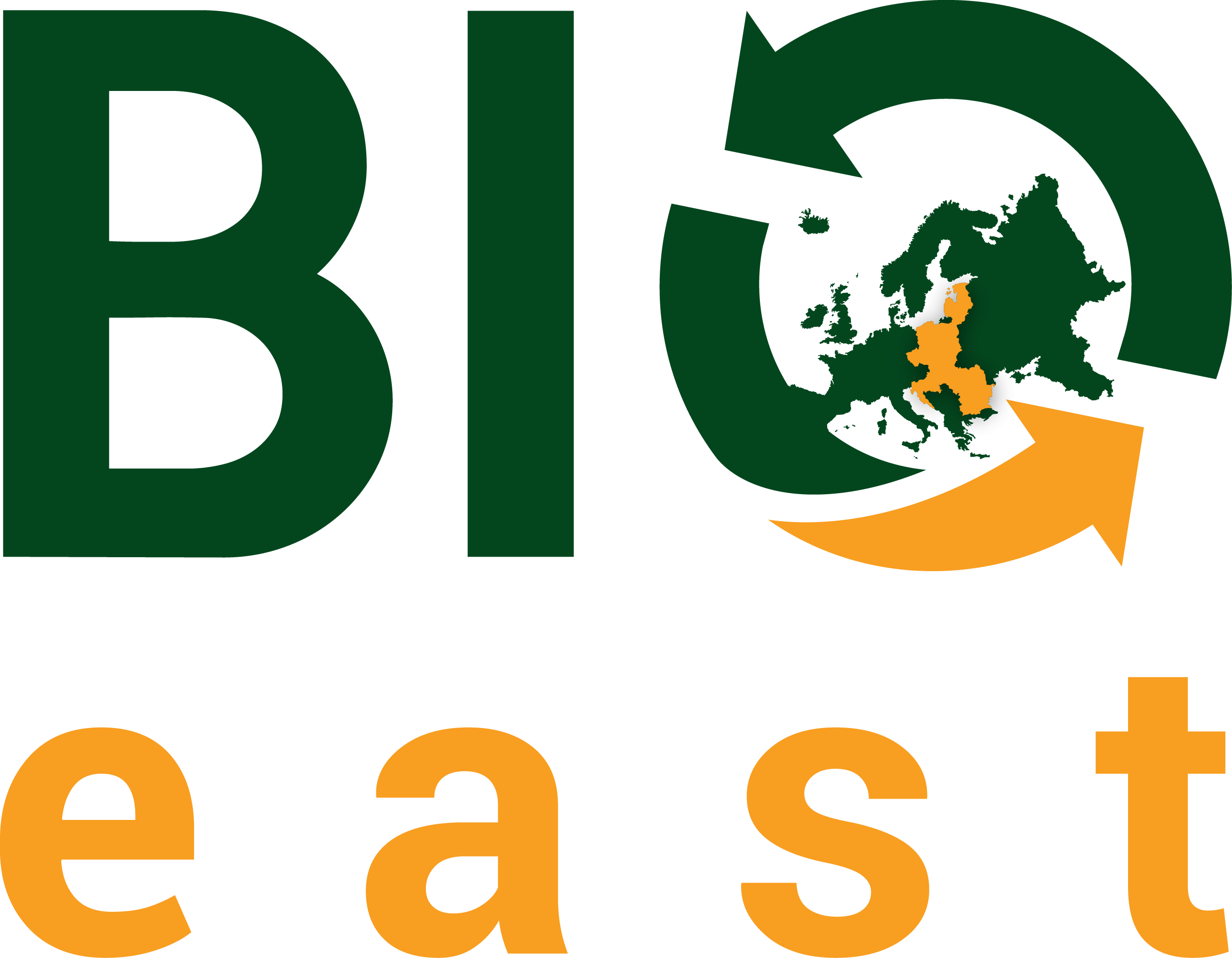Assessing the state of Bulgarian bioeconomy
The integration of industrial crops into the bioeconomy provides a sustainable approach to agricultural development by reducing reliance on fossil-based resources and promoting environmental conservation. This study reviews the role of industrial crops within the bioeconomy, their applications, and their socio-economic and environmental implications. It highlights the benefits of industrial crops in addressing land use competition, economic challenges, and environmental concerns while emphasizing the need for supportive policies. A critical literature review was conducted to examine the role of industrial crops in the bioeconomy and the agricultural sector. The research utilizes desk studies, logical analysis, expert methods, and graphic representation to assess the current state of the issue. To further analyze regional bioeconomy development through industrial crops, the study applies the Triple Bottom Line (TBL) approach, which evaluates social, environmental, and economic dimensions. Originally introduced by John Elkington in 1994, the TBL framework is widely adopted for assessing the sustainability of businesses and industries. By applying this framework, the study aims to provide a comprehensive understanding of the regional performance of bioeconomy production. The findings contribute to the broader discussion on sustainable agricultural practices and the role of industrial crops in fostering economic and ecological resilience. The study underscores the importance of strategic policies and regional adaptation to maximize the benefits of industrial crops in the bioeconomy.
